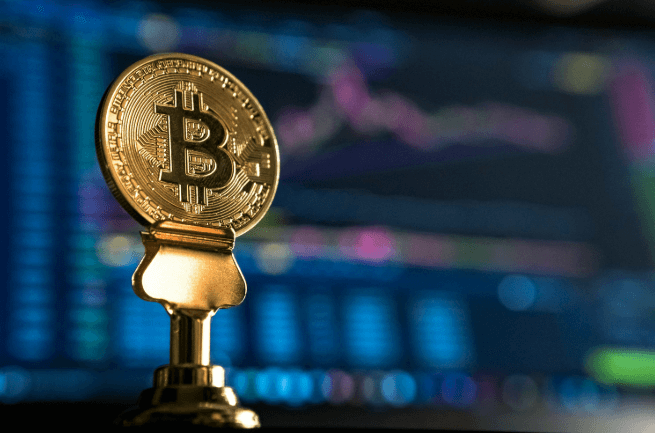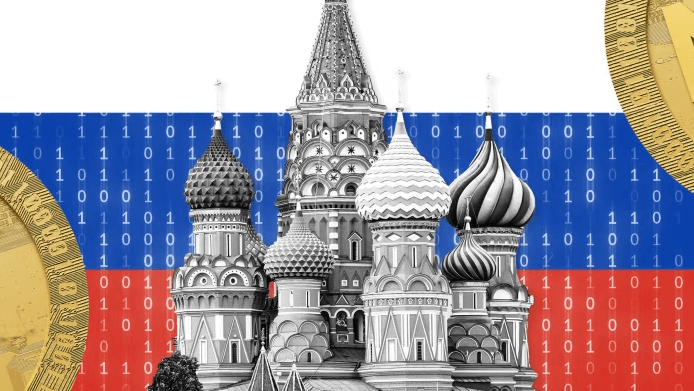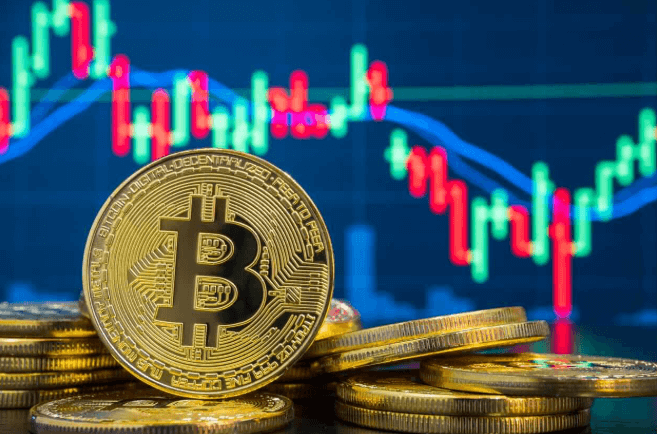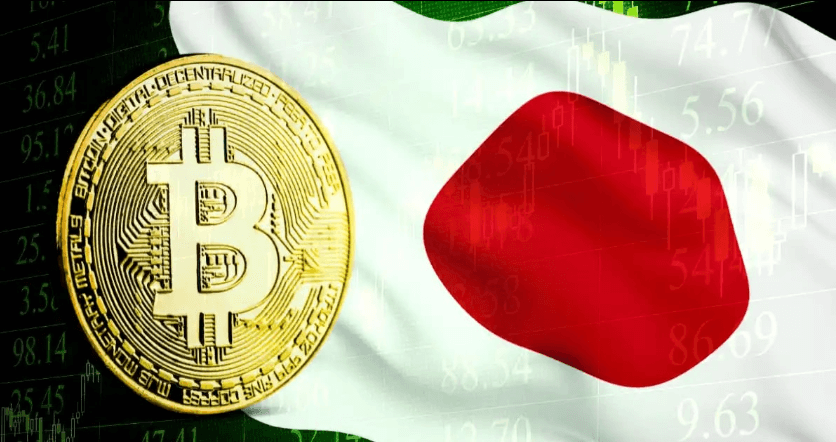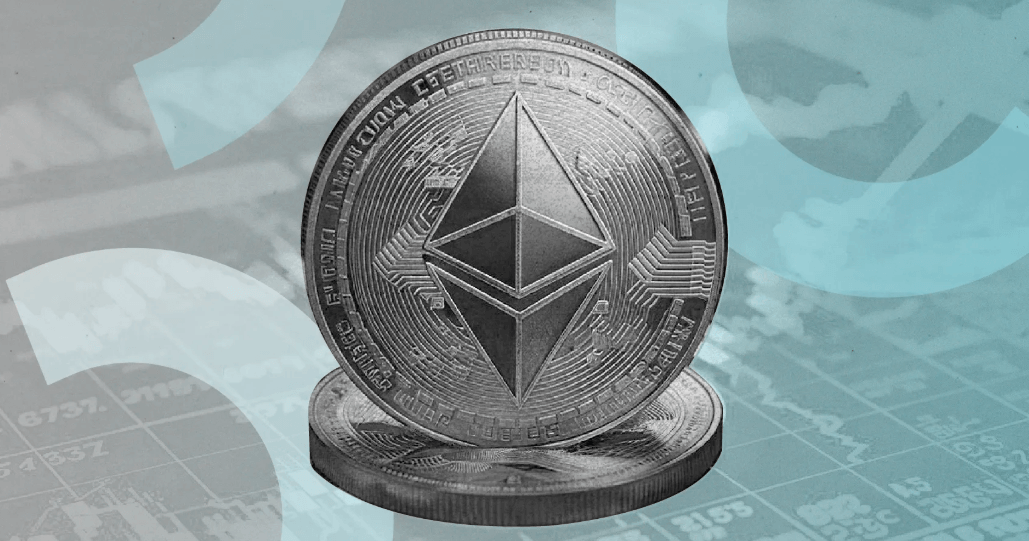As the cryptocurrency market continues to expand, governments and regulatory bodies worldwide are implementing stricter regulations to address concerns over security, financial stability, and investor protection. The evolving regulatory landscape is shaping the future of digital assets, impacting exchanges, decentralized finance (DeFi) projects, and institutional investors.

Key Regulatory Developments
- United States: The U.S. Securities and Exchange Commission (SEC) and Commodity Futures Trading Commission (CFTC) have increased scrutiny on crypto firms, targeting compliance with securities laws. The recent approval of Bitcoin ETFs marked a step toward mainstream adoption, but regulatory agencies remain vigilant regarding unregistered securities and fraud.
- European Union: The EU’s Markets in Crypto-Assets (MiCA) regulation, set to take full effect in 2024, aims to provide a comprehensive legal framework for crypto assets. It introduces licensing requirements for crypto service providers and enhanced consumer protections.
- Asia: Countries like Japan and South Korea are reinforcing existing regulations to ensure transparency and investor safety. Meanwhile, China maintains its stringent ban on crypto trading and mining, while Hong Kong has taken a more open approach, allowing licensed exchanges to operate legally.
- Latin America: While some nations, such as El Salvador, embrace Bitcoin as legal tender, others, including Brazil and Argentina, are working on clearer tax frameworks and anti-money laundering (AML) policies.
- Global Anti-Money Laundering (AML) Measures: The Financial Action Task Force (FATF) continues to push for stronger enforcement of the “Travel Rule,” requiring exchanges and virtual asset service providers (VASPs) to collect and share transaction data to combat illicit activities.
Implications for the Crypto Industry
- Exchanges and Service Providers: Compliance requirements are becoming more stringent, prompting major exchanges to implement Know Your Customer (KYC) and AML policies. Some platforms are withdrawing from certain jurisdictions due to regulatory uncertainty.
- DeFi and Web3 Projects: Decentralized protocols face increasing scrutiny, with regulators exploring ways to impose oversight on decentralized autonomous organizations (DAOs) and smart contract-based services.
- Institutional Investors: Clearer regulations may attract more institutional investors to the crypto market, reducing volatility and fostering long-term growth.
Future Outlook
Regulatory frameworks will continue evolving as governments strive to balance innovation with financial security. Industry leaders advocate for collaborative discussions between regulators and blockchain firms to create fair policies that protect investors while fostering innovation.
As the crypto industry matures, clearer regulations could pave the way for mainstream adoption, increased institutional involvement, and a more stable digital asset ecosystem.
Disclaimer: This article is for informational purposes only and is not investment advice. Investors should research carefully before making any decisions. We are not responsible for your investment decisions.

